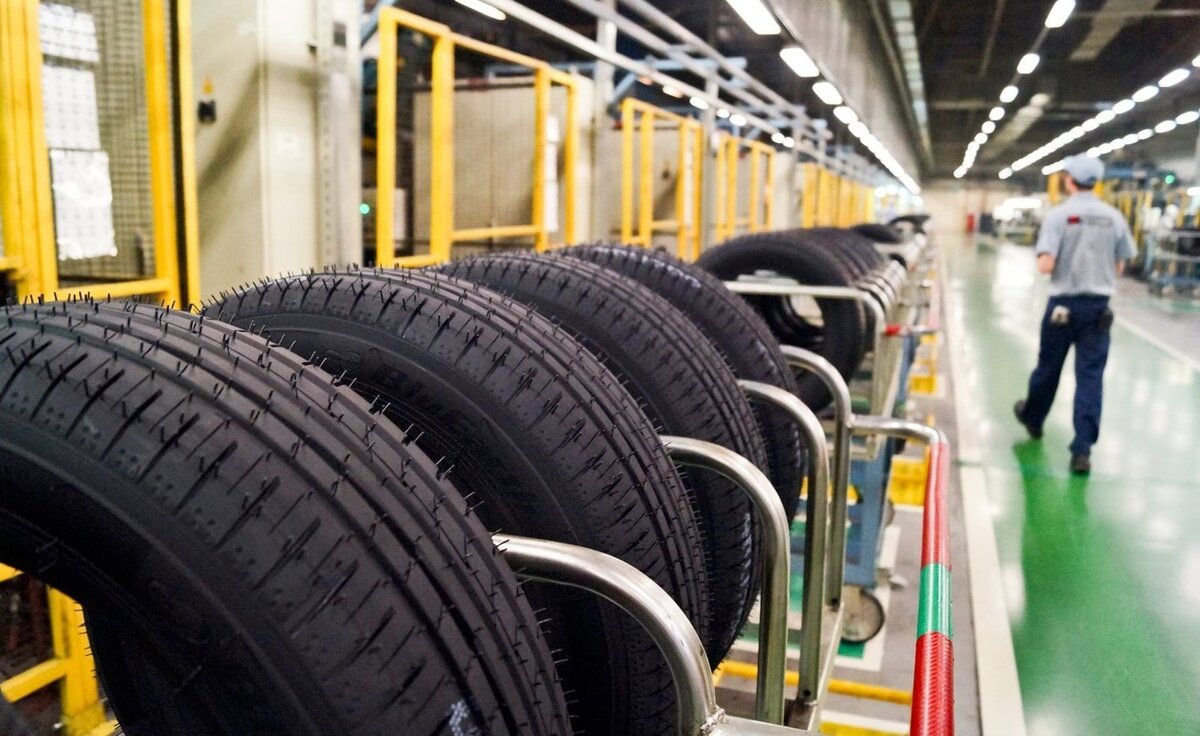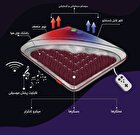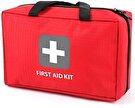Iran Finds New Way to Increase Lifespan of Tires Using Nanotechnology

Enhancing the hydrophobicity and oil-friendliness of nitrile butadiene rubber (NBR) and polymerizing it using modified nanoparticles in order to increase its absorption capability of oil substances, was the topic of Reza Qamarpour’s PhD dissertation.
“To face remarkable increase in the production and consumption of oil products worldwide, the need for control and tackling oil pollution has increased. The movement of oil products from the oilfield to the destination includes 10 to 15 stages of movement such as transportation by tankers, pipelines, rail lines and oil tankers,” the researcher said, according to a report by the Iran’s Nanotechnology Development Headquarters.
He described the cleaning of oil from coastlines as a costly process adding that the results of their research showed that 20% of oil pollution in sea water is related to the transportation sector, which includes tankers, cargo ships and oil rigs.
“At the same time, the leakage of oil in the water causes the loss of animal species and inflict damage to the environment. Therefore, today, marine oil pollution is considered one of the international problems, the method of solving them is necessary,” he explained more.
The executive director of the project to produce more durable rubber using nanotechnology went on to note that the pollution problem is very serious in Iran too, adding, given that Iran is an oil-rich country and it is prone to oil pollution in water during sea transportation and production, it is necessary to create an economic and technical solution to eliminate those polluting factors as soon as possible.
He added that one of the common ways to resolve that problem is to use polymers as absorbers of oil contamination in water. Research has shown that rubber have acceptable efficiency for absorbing oil spilled in water. However, the high cost of collecting oil batches requires that the adsorbent material has maximum performance and enough durability to carry out the process several times. Therefore, various rubbers have been used for this purpose and their absorbency has been improved by creating a foam structure.
"Given the above mentioned problems, I worked on enhancing the hydrophobicity and oil-friendliness of nitrile rubber and polymerizing it using modified nanoparticles in order to increase its absorption capability of oil substances," the researcher added.
According to the Iran Nano’s report, Qamarpour added that using NBR die-vulcanized rubber as an oil absorbent, creating a sheet of polymerized NBR rubber instead of powder, modifying the surface of the rubber, and using nanoparticles and surface-modified nanoparticles to improve hydrophobicity and oil-friendliness was among the activities that have been done for the first time in Iran by his company.
4155/i





















